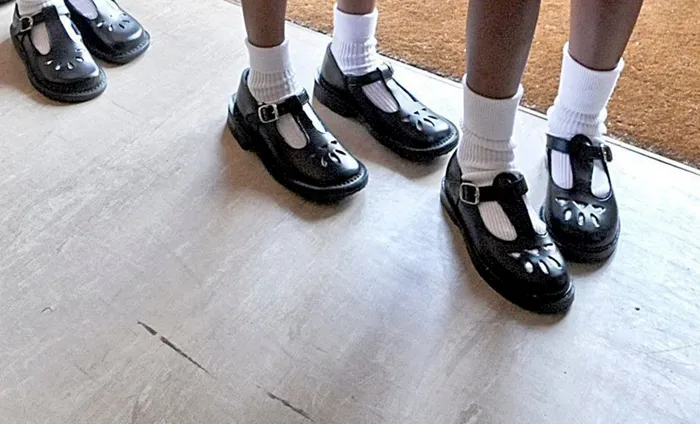
National Treasury proposes that all goods or services provided by schools registered under the South African Schools Act be exempt from VAT. If approved, the change would take effect from 1 January 2026.
Image: File
The Independent Schools Association of Southern Africa (ISASA) has strongly objected to a proposed amendment to VAT laws that could force private schools to deregister as VAT vendors.
They have warned that it could drive up school fees, force budget cuts and damage the quality of education.
Under the Draft Taxation Laws Amendment Bill, released for public comment until Friday, the National Treasury proposes that all goods or services provided by schools registered under the South African Schools Act are exempt from VAT.
If approved, the change would take effect from 1 January 2026.
While intended to clarify that educational services should fall outside the VAT system, the change would mean VAT-registered schools must deregister, potentially facing significant financial consequences.
ISASA said many schools relied on taxable commercial activities, such as renting out facilities or tuckshop sales, to support their operations.
Removing their ability to claim input VAT or recover VAT on expenses would place severe strain on their finances.
“The proposed legislative change may have unintended consequences because the VAT costs (i.e. exit charge as well as non-deductibility of input tax attributable to commercial activities) would find their way into school fees; this would make the amendment regressive in nature,” said ISASA Executive Director Lebogang Montjane in a submission to Treasury.
He added that rising school fees could push more families out of the independent school system and into public schools, “which would undoubtedly put pressure on government spending.”
ISASA also warned that schools would be hit with an "exit VAT" charge upon deregistration, including tax on buildings and other assets deemed disposed of at market value. This could discourage future investment in school infrastructure.
“If promulgated, the amendment will create a VAT exit charge that would need to be funded, and independent schools may be dissuaded from further investing in the development of critical infrastructure, which may negatively affect the quality and accessibility of education offered by these schools,” said Montjane.
The association called on government to halt the proposed change, or at least delay implementation until its full impact is assessed.
“It is for this reason that ISASA and its members urge National Treasury to not proceed with the proposed amendment and to put the proposed amendment in abeyance until its impact has been fully considered,” Montjane said.
Civil rights organisation Free SA has also opposed the amendment, calling the change “extraordinary” and warning it could trigger millions of rands in tax liabilities for some schools.
Paul Maritz, director at Free SA, said: “Forcing deregistration will immediately trigger ‘exit VAT,’ with SARS deeming school assets such as buildings, sports fields, and equipment as disposed of at market value.”
“To meet these obligations, schools will either cut budgets or raise fees. Parents will bear these costs directly, at a time when households are already struggling with inflation, energy price shocks, and stagnant incomes,” he said.
Maritz said transitional relief should be introduced if the change goes ahead, and suggested that certain institutions, including those run by charitable or religious groups, be allowed to apply for exemption.
Private education group ADvTECH said it is still reviewing the impact of the proposed changes.
Group CEO Geoff Whyte said: “Our preliminary assessment is that the Draft Taxation Laws Amendment Bill is unlikely to have a material impact on our schools division. We are monitoring the process and will consider engaging through the relevant consultation channels as appropriate.”
The Treasury has argued that the VAT exemption for schools is meant to align the tax system with the policy intent of excluding education from the VAT net.
However, ISASA and others say the proposal risks unintended harm to education quality, school finances, and long-term investment in learning infrastructure.